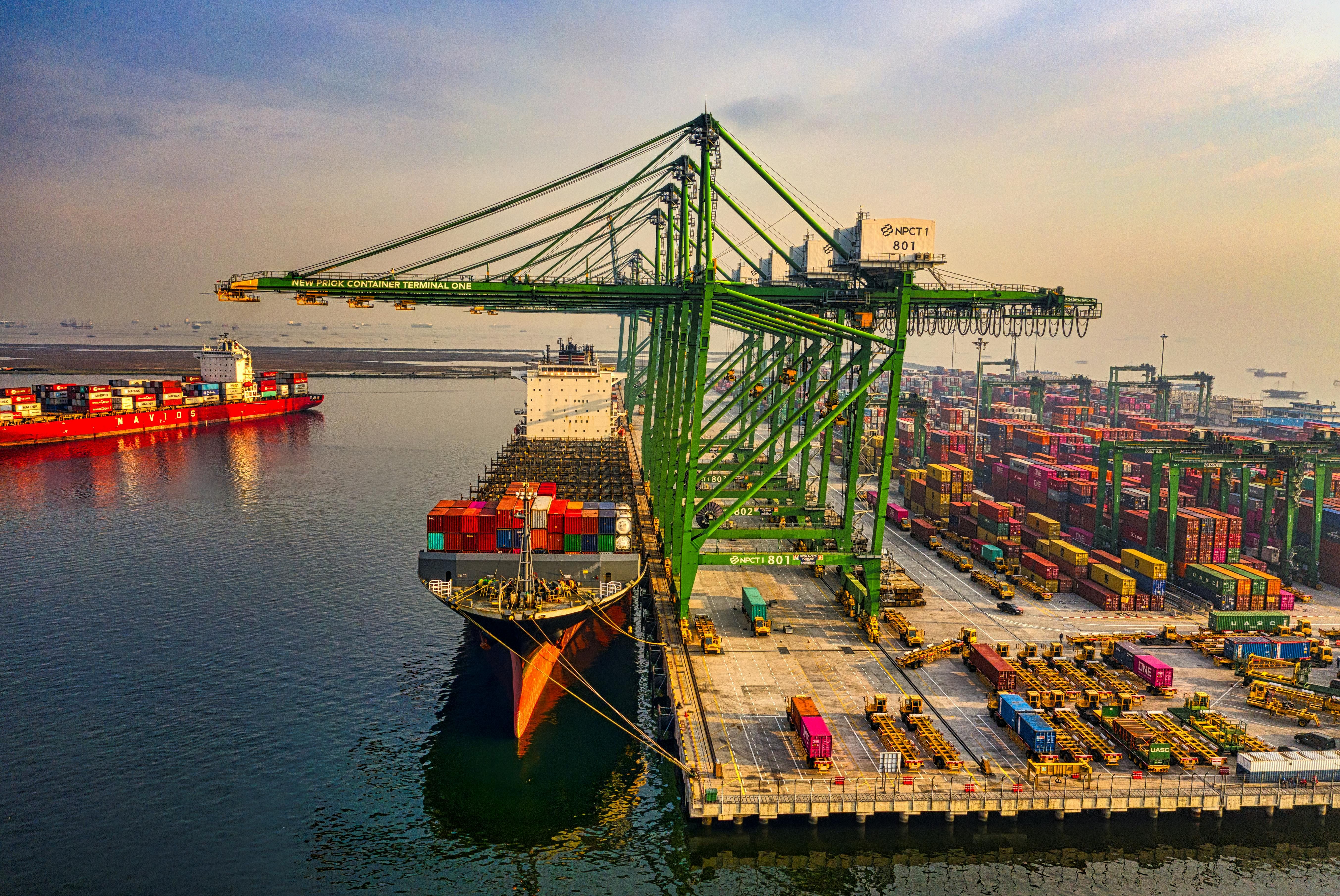Revamping Rügen's LNG Terminal: Acontroversial Move
LNG terminal expansion on the horizon for natural gas companies in Rügen
Hit the Share Button: Share this thrilling news on Facebook, Twitter, or WhatsApp! Fire off an Email: Send it to your pals! Print it Out: Be a trendsetter, print it! Copy Link: Spread the word with a single link copy!
German firm Regas intends to revamp the LNG terminal on Rügen by reactivating a second ship—this move sparks contentious debates among environmentalists, the federal government, and locals.
Regas, the operator of the Baltic Sea island's LNG import terminal, aims to expand its operations. The company announced plans to reactivate a second regasification ship, following the termination of the charter contract for the second LNG ship in February with the Federal Ministry of Economics. Presently, the terminal supplies approximately 5 billion cubic meters of gas into the German network, while an additional ship could boost this to as much as 13.5 billion cubic meters by 2027. Regas is now seeking new customers for an extra 5 billion cubic meters each year. On June 10, the company inaugurated a new bidding round for the years 2027-2043. The bidding process concludes on July 4.
At present, Regas only deploys the LNG ship “Neptun” off Rügen. The “Energos Power,” chartered by the federal government, is not operational. Regas contends the termination with the federal government, claiming that state-owned company Deutsche Energy Terminal (DET) distorts competition by offering import capacities at non-competitive prices.
However, the Federal Ministry of Economics dismisses the accusations, stating that there is no "ruinous competition." They say the marketing strategy of DET is EU-approved, and Regas was informed that the DET would run the federal terminals in the North Sea to ensure supply security while leasing the “Energos Power.”
The federal government considers the termination of the charter contract to be unwarranted and will safeguard its interests, a spokesperson for the Federal Ministry of Economics said. Regas is now scouting alternative partners, the company announced.
Economic Impact and Climate Concerns
Extreme noise pollution for marine animals has led some NGOs to petition for a halt to oil and gas exploration at sea. The expanded terminal faces criticism from environmental groups like DUH (Deutsche Umwelthilfe) and local entities, such as Binz. Opponents argue that the terminal's potential harm to marine life and ecological balance is a significant concern. They also fear a detrimental impact on the local tourism industry due to its presence. Moreover, environmentalists claim that the terminal's underutilization (only 5% in early 2025) equates to an inefficient and wasteful investment in fossil infrastructure.
However, the operator asserts the terminal is an "important pillar" for ensuring supply security, especially in eastern Germany. The German government's position is less clear as it values energy security and diversification, seen as supporting the expansion of LNG infrastructure to reduce dependence on Russian gas.
- Regas, in its community policy, aims to expand the operations of the LNG terminal on Rügen by reactivating a second regasification ship, hoping to secure new customers for an extra 5 billion cubic meters of gas annually.
- The expanded LNG terminal, situated in the Baltic Sea, currently supplies approximately 5 billion cubic meters of gas into the German network, but with the addition of another ship, it could potentially supply up to 13.5 billion cubic meters by 2027.
- Despite the potential economic benefits, the proposed expansion of the LNG terminal has sparked concerns from environmental groups, such as DUH (Deutsche Umwelthilfe), and local entities, like Binz, who argue that the terminal's potential harm to marine life and ecological balance, as well as its impact on the local tourism industry, should be carefully considered.








